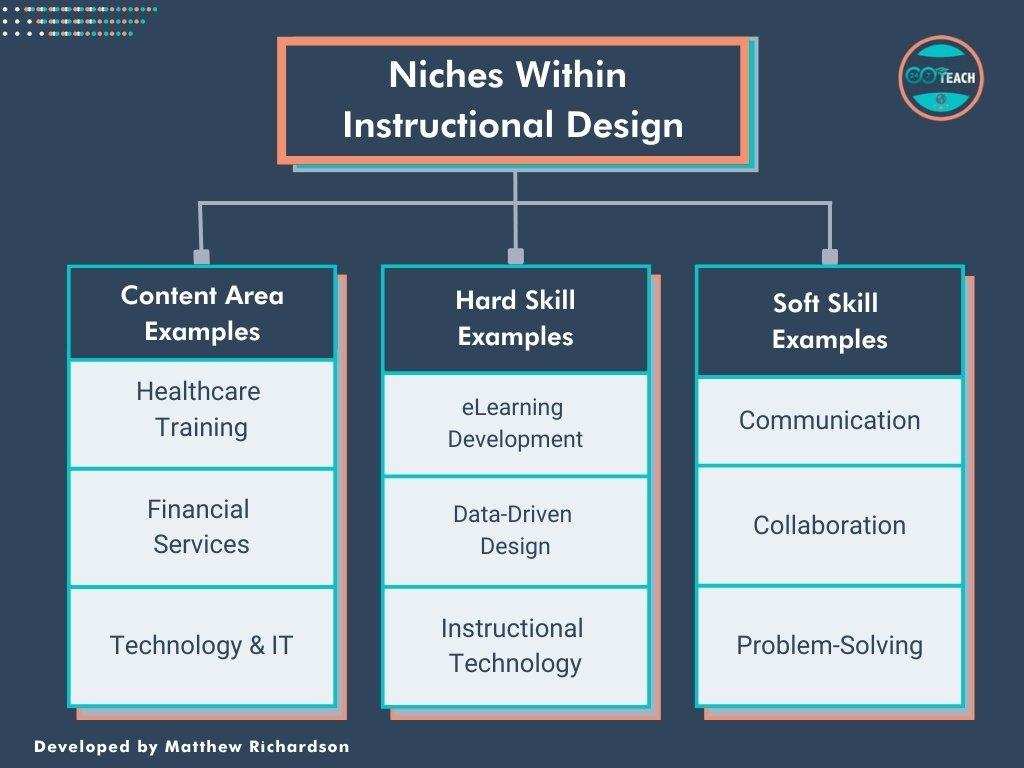Unlocking Success: How an Instructional Design Consultant Can transform your training Programs
Introduction: The Power of Instructional Design in Education Technology
The surge in digital learning and ever-evolving demands for innovative educational experiences have made the role of instructional design consultants more vital than ever. Whether at universities, colleges, or K-12 schools, education technology professionals possess a remarkable opportunity to empower learning and development.If you’re seeking a career in education technology and want to make a tangible difference, understanding how an instructional design consultant can transform training programs is your key to unlocking future success.
What Is an Instructional Design Consultant?
An instructional design consultant is a specialized expert in educational theory,digital pedagogy,curriculum development,and learning technologies. They help institutions create, evaluate, and optimize training and educational programs. Rooted in research and best practices in instructional design, thes consultants ensure that learning experiences are engaging, meaningful, and effective.
- Curriculum Development: designing and improving educational materials and courses.
- Learning Technology Integration: Advising on the adoption and effective use of digital tools and platforms.
- Faculty Training: Guiding instructors on best practices for eLearning and blended approaches.
- Assessment & Evaluation: Implementing assessment strategies to measure learner outcomes and program effectiveness.
The Role of an Instructional Design Consultant in Higher education and Schools
Instructional design consultants support the mission of educational institutions by applying evidence-based frameworks to course creation, training, and program evaluation. Here’s how they bring value to universities, colleges, and schools:
- Analyzing Learner Needs: Identifying specific student needs and aligning content delivery wiht institutional goals.
- Technology-Driven Solutions: Recommending the latest education technology tools to enhance learning outcomes.
- Blended and Online Learning: Designing adaptable learning environments—both virtual and face-to-face—to maximize accessibility and flexibility.
- Change Management: Supporting faculty, staff, and students during transitions to new teaching models or digital platforms.
- Content Accessibility: ensuring materials and activities meet accessibility standards and are usable by all learners.
Benefits of Working with an Instructional Design consultant
when colleges, universities, or K-12 schools leverage the expertise of an instructional design consultant, the benefits are significant and multi-dimensional:
1. Improved learning Outcomes
Thoughtful instructional design matches pedagogical practices with digital tools, leading to better retention rates, higher engagement, and measurable academic performance improvements.
2. Streamlined Course Development
Consultants apply proven frameworks like ADDIE or SAM to streamline the course design process, ensuring efficiency and quality without sacrificing innovation.
3.Enhanced Technology Integration
With in-depth education technology knowledge, consultants help institutions select and implement the right learning management systems (LMS), assessment tools, and interactive platforms.
4. Professional Development for Faculty
Instructional design consultants deliver hands-on training workshops and ongoing support,helping faculty adapt to new teaching technologies and instructional practices.
5. Data-Driven Decision Making
By leveraging analytics and evaluating learning outcomes,consultants inform data-driven enhancements to curriculum and training programs.
Essential Skills and Qualifications for Instructional Design Consultants
If you’re interested in becoming an instructional design consultant in the education technology sector, here are key skills and qualifications that top universities, colleges, and schools seek:
- Educational Background: Advanced degrees in instructional design, education technology, curriculum development, or a related field.
- Experience: Demonstrated success in developing, delivering, and managing learning programs and digital content.
- Technical Proficiency: Mastery of LMS platforms (like Moodle,Canvas,Blackboard),authoring tools (such as Articulate storyline or Adobe Captivate),and eLearning software.
- Assessment Design: Skills in designing formative and summative assessments aligned with learning objectives.
- Project management: Ability to manage multiple projects,communicate with stakeholders,and meet deadlines efficiently.
- Collaboration: Expertise in working collaboratively with faculty, IT staff, subject matter experts, and administrators.
- Change Leadership: Capacity to drive technology adoption, provide training, and support transition efforts.
Practical Tips to Land a Job as an Instructional Design Consultant
If you’re aiming to join a university, college, or school as an instructional design consultant, these practical strategies will boost your job search and long-term career:
- Build a Portfolio: Showcase your experience by developing a digital portfolio of eLearning modules, course designs, and training materials.
- Earn Professional Certifications: Consider certifications such as Certified Professional in Learning and Performance (CPLP) or eLearning Instructional Design certificates to strengthen your credibility.
- Stay Current: Consistently update your knowledge about learning technologies, educational trends, and new teaching models in higher education and K-12 sectors.
- Network: Attend conferences, join LinkedIn groups, and participate in educational technology communities to connect with potential employers and peers.
- Highlight Soft Skills: Emphasize your dialog, leadership, teamwork, and problem-solving capabilities during interviews and on your resume.
- Demonstrate Impact: Whenever possible, quantify your achievements (e.g., improved course completion rates or increased student satisfaction scores) to show tangible results.
Future Trends: Instructional Design consultants and EdTech in Higher Education
As the adoption of education technology expands, instructional design consultants are expected to play a crucial role in shaping the future of training and development in universities, colleges, and schools. Key future trends include:
- Personalized Learning: utilizing data and adaptive technologies to tailor learning experiences to individual needs.
- Microlearning & Mobile Learning: Designing short, focused learning modules accessible anytime, anywhere.
- Virtual Reality & augmented reality: Creating immersive learning scenarios that go beyond customary classrooms.
- AI-Powered Learning Analytics: Leveraging artificial intelligence to provide real-time feedback and predictive insights.
- Focus on Equity and Accessibility: ensuring digital resources are inclusive and accessible for all learners, regardless of background or ability.
Conclusion: Become the Catalyst for Change in Education Technology
The role of an instructional design consultant is central to the transformation and ongoing success of training programs at universities, colleges, and schools. If you’re passionate about learning, technology, and student success, this career path offers rewarding opportunities to impact education at every level.By mastering essential skills, showcasing your expertise, and staying ahead of new trends in education technology, you’ll be well-positioned to unlock success and lead the future of instructional design.
Ready to embark on your journey as an instructional design consultant? The world of education technology needs your vision, expertise, and innovation to shape tomorrow’s learning experiences.

